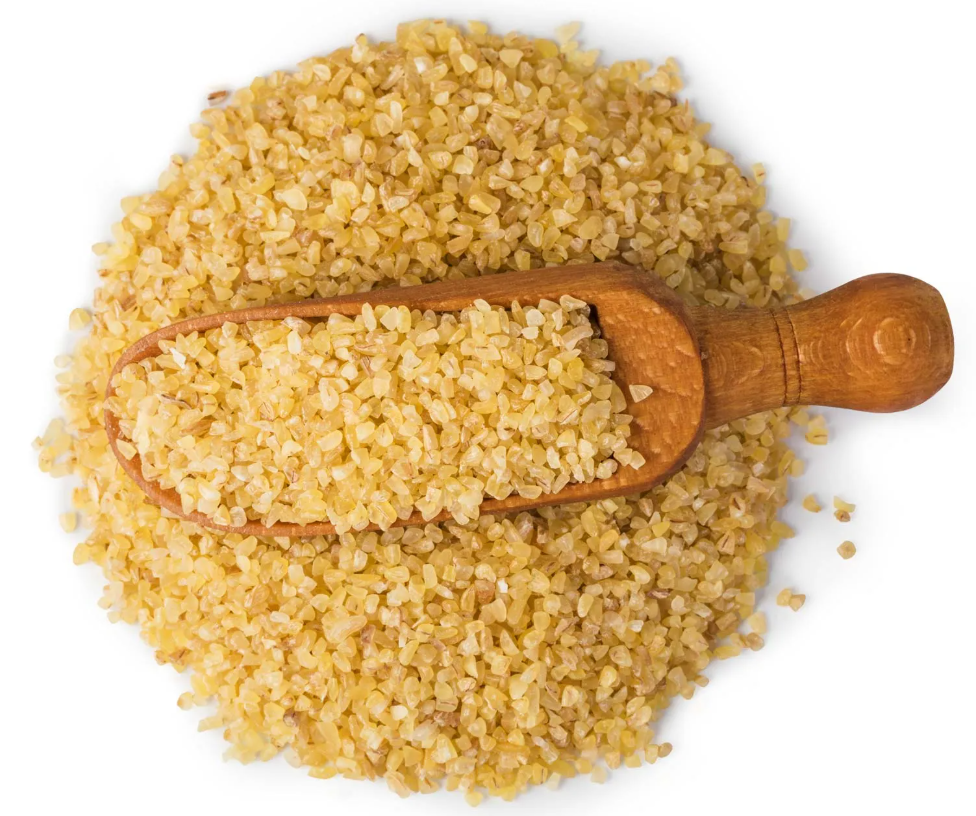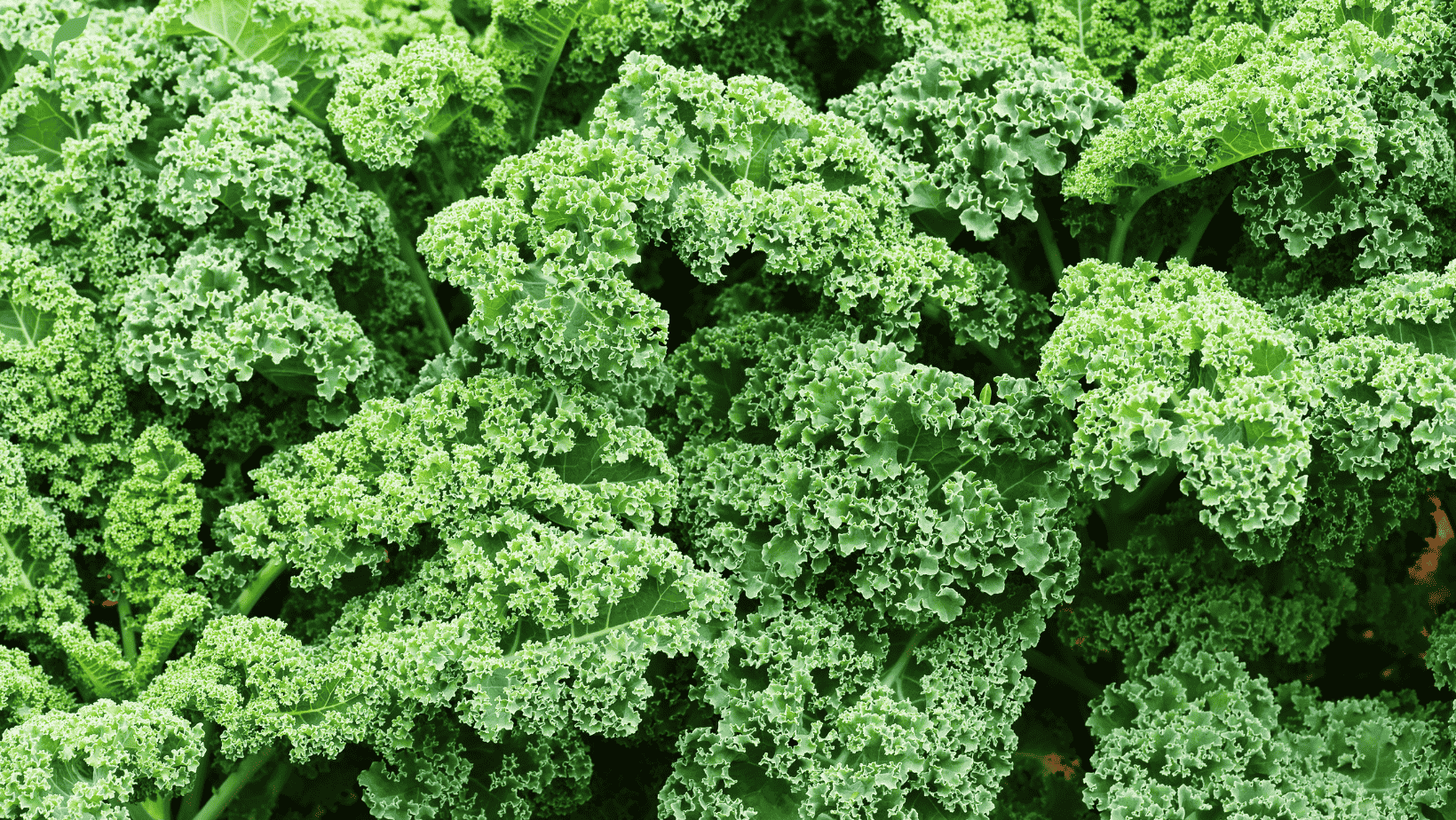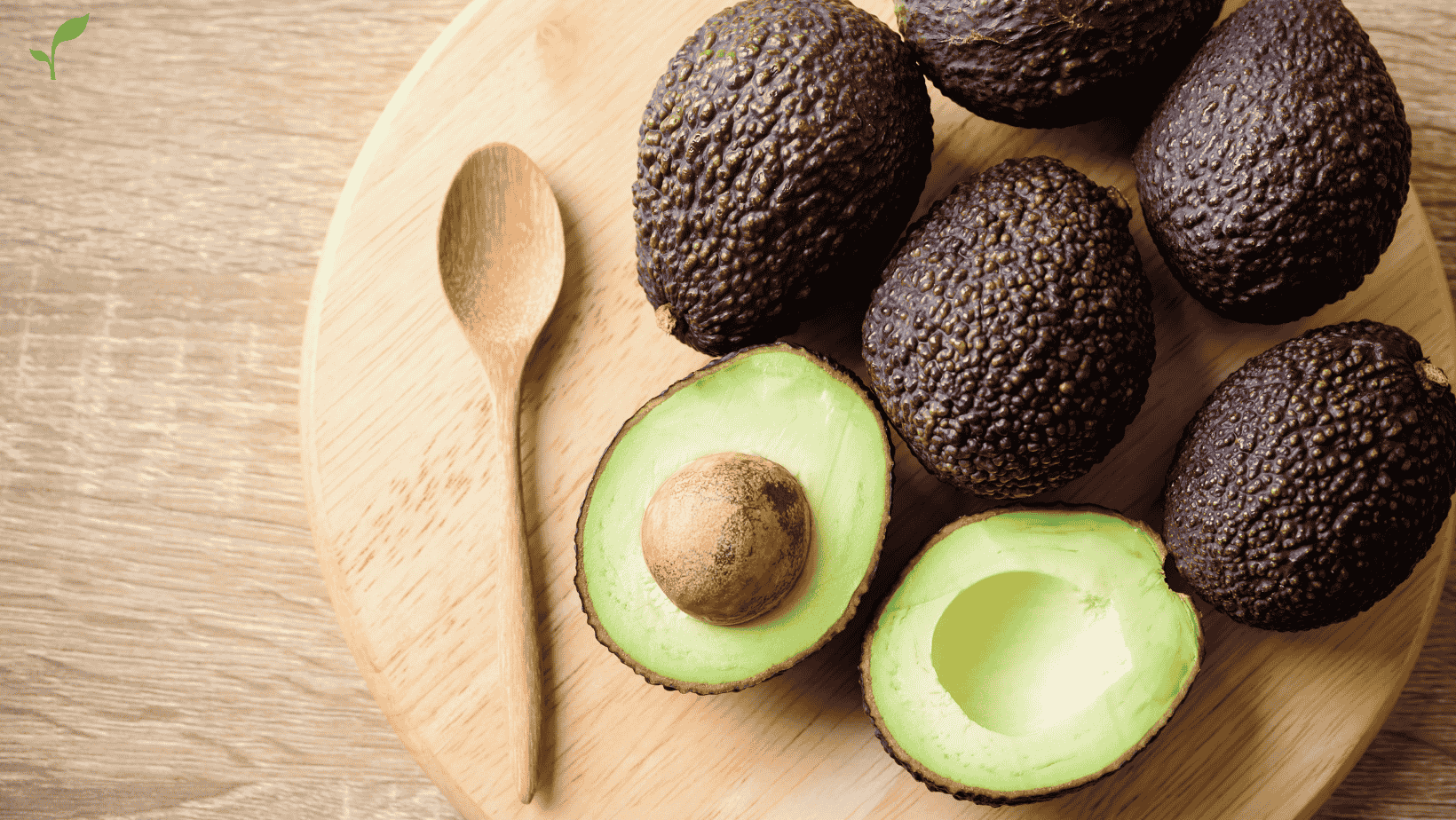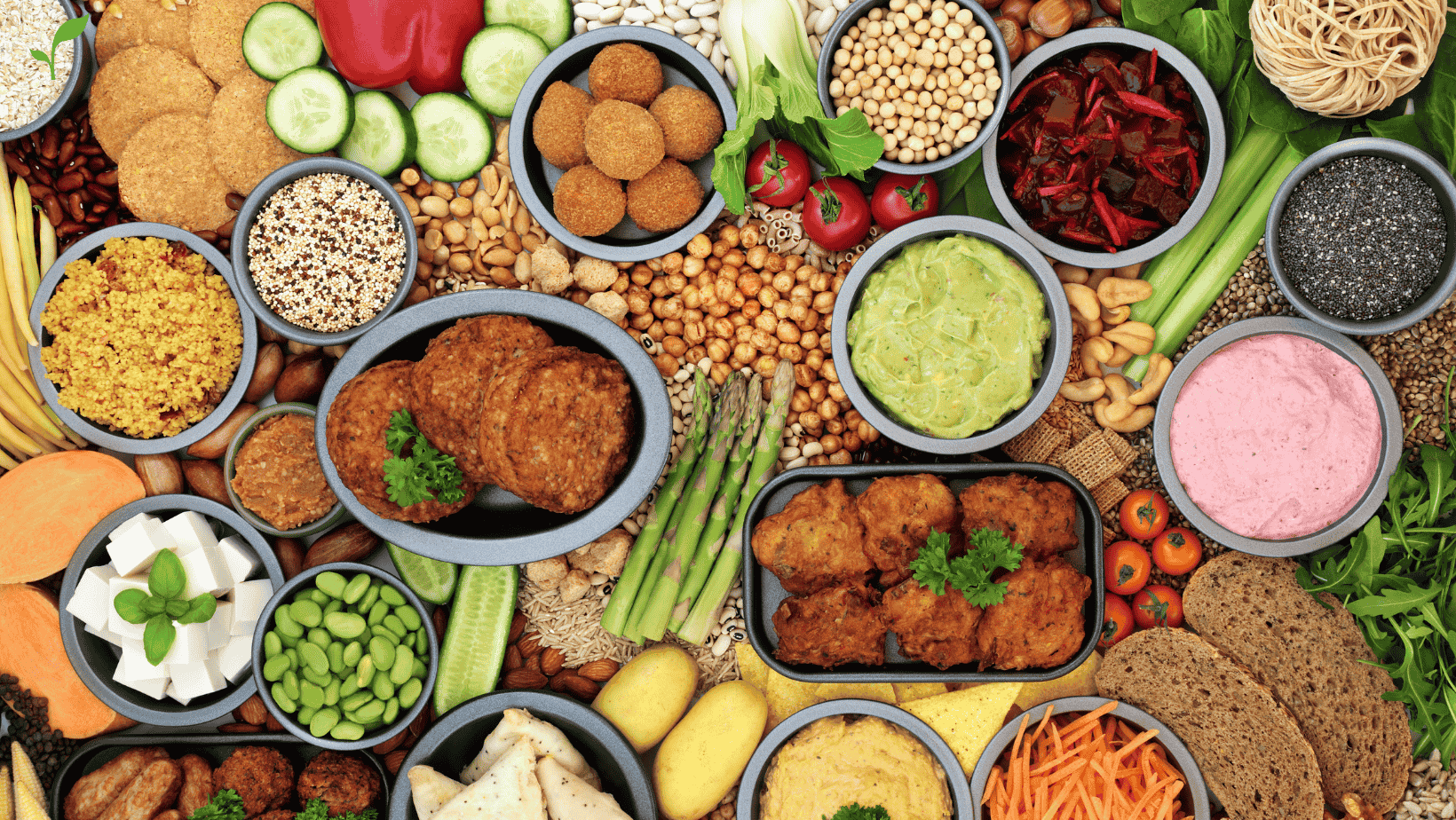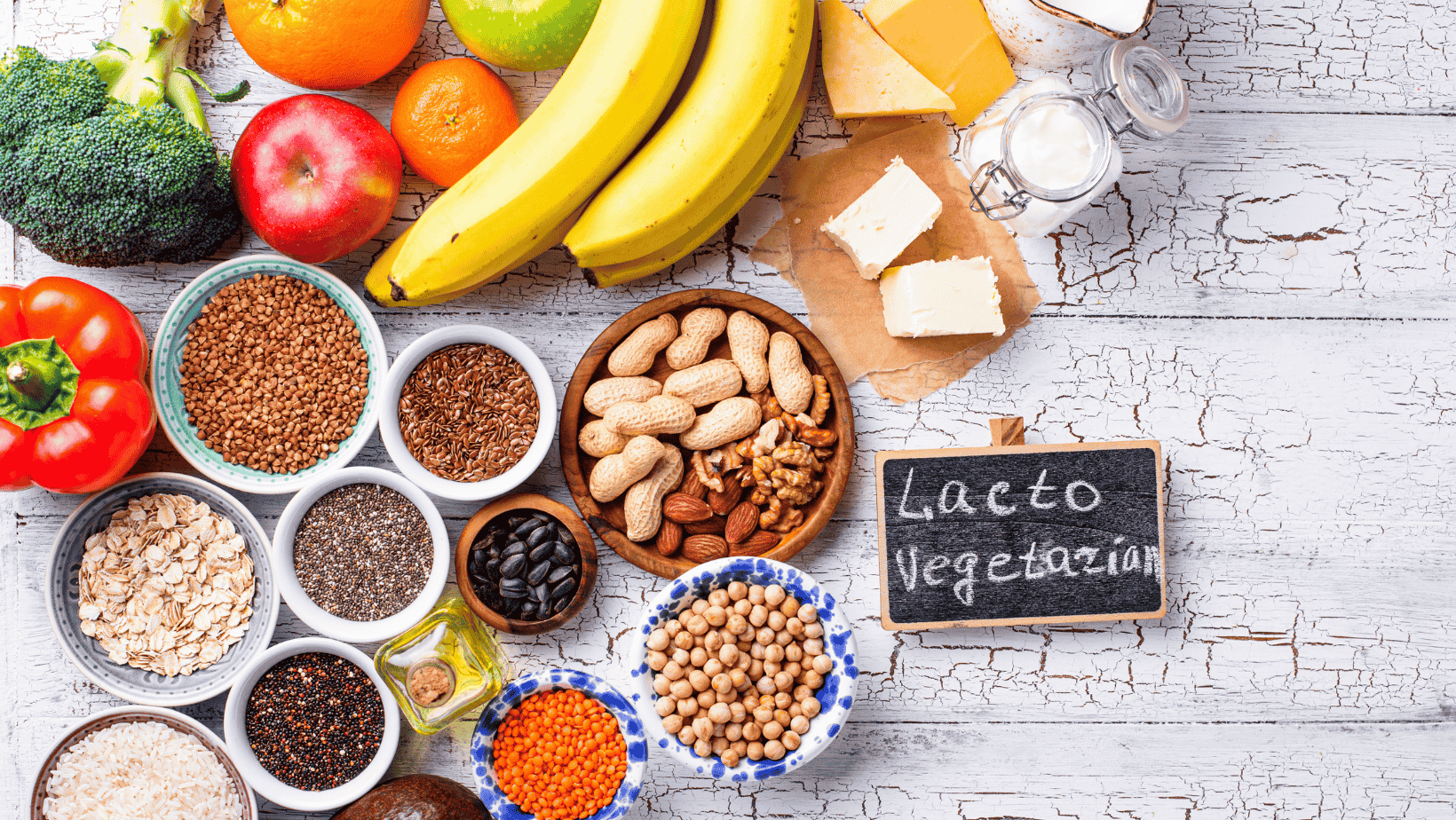Introduction
The choice to follow a lacto-vegetarian diet is often influenced by a combination of health, cultural, ethical, and environmental factors. Unlike vegans, lacto-vegetarians avoid meat, fish, poultry, and eggs but include dairy products such as milk, yogurt, and cheese. This diet has been practiced for centuries across many cultures and continues to attract individuals seeking a balanced approach to plant-based living. Let’s explore the reasons why people choose a lacto-vegetarian lifestyle.
For many, the lacto-vegetarian diet reflects a desire to avoid harming animals while still consuming dairy products that can be obtained without slaughter. This aligns with values of compassion and non-violence (Ahimsa), particularly within Hinduism, Jainism, and Buddhism. Individuals who feel strongly about animal welfare but are not ready to give up dairy often find comfort in this dietary path.
Environmental Concerns
Animal agriculture, especially meat production, is a significant contributor to greenhouse gas emissions, deforestation, and water use. By eliminating meat but retaining dairy, lacto-vegetarians significantly reduce their environmental footprint compared to non-vegetarian diets. This choice is seen as a step toward sustainable living while still maintaining access to traditional dairy-based foods.
Health Benefits
Lacto-vegetarian diets are linked to reduced risks of chronic diseases such as heart disease, type 2 diabetes, hypertension, and certain cancers. They are typically lower in saturated fats (from meat) and rich in fiber, vitamins, minerals, and antioxidants from plant foods. Including dairy ensures access to protein, calcium, and vitamin B12, which can sometimes be harder to source in strict vegan diets.
In many cultures, particularly in India, the lacto-vegetarian diet has deep spiritual and cultural roots. It is often guided by religious principles that emphasize purity, compassion, and non-violence. Festivals, rituals, and daily practices frequently revolve around vegetarian meals with dairy products like ghee, paneer, and curd as important elements.
Balanced Nutrition and Taste
Some individuals adopt lacto-vegetarianism for practical reasons, as it offers a wider variety of food options compared to veganism. Dairy products provide high-quality protein, essential fats, and nutrients while enhancing the taste and texture of meals. This balance makes it easier for individuals to stick to plant-based eating without feeling restricted.
Personal Exploration and Lifestyle Choice
For others, the decision is driven by curiosity, personal wellness goals, or gradual transition toward plant-based eating. Choosing a lacto-vegetarian diet allows individuals to experiment with creative plant-based recipes while still enjoying traditional dairy favorites like yogurt smoothies, paneer curries, or cheese-based dishes.
Conclusion
The decision to embrace a lacto-vegetarian diet is influenced by a variety of factors, from ethical and spiritual beliefs to health benefits and sustainability concerns. By choosing this lifestyle, individuals strike a balance between compassion for animals, care for the planet, and maintaining nutritional well-being. For many, it represents a mindful and fulfilling way to align food choices with values, culture, and long-term health.

